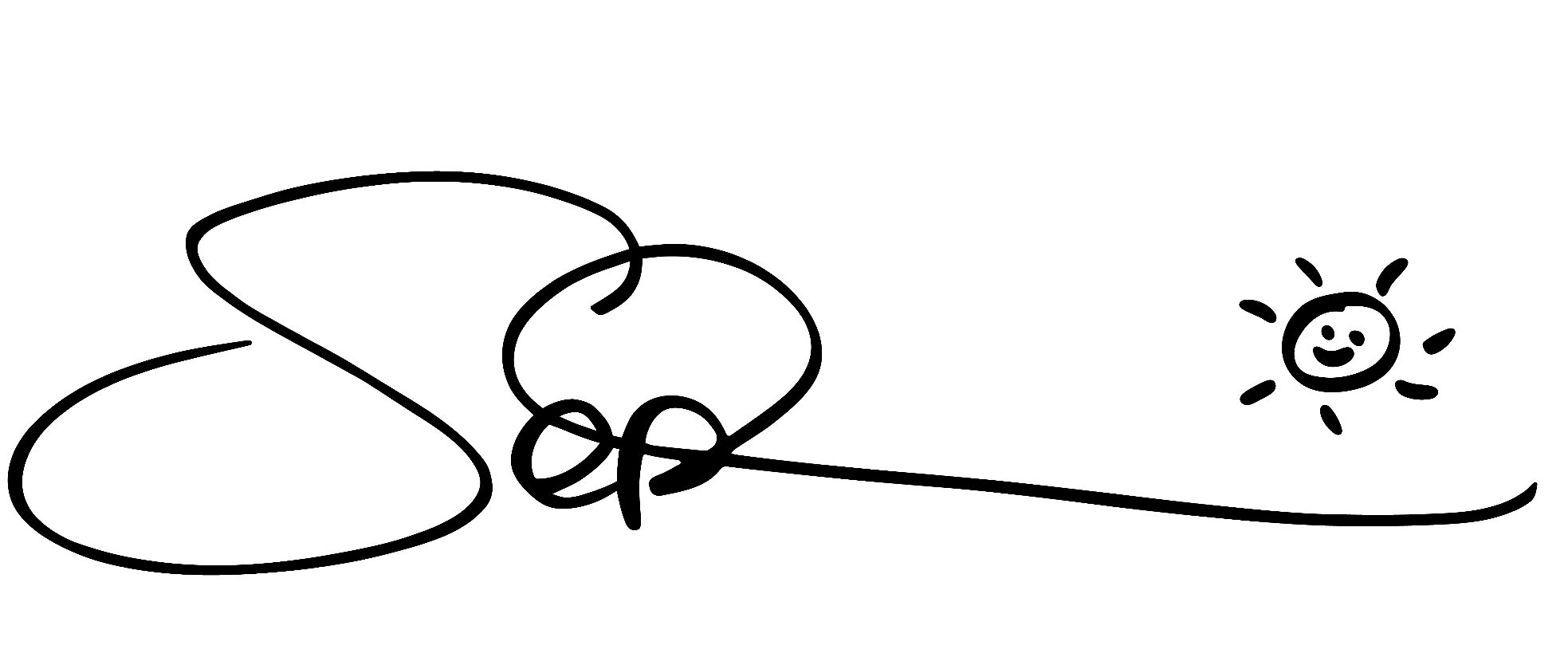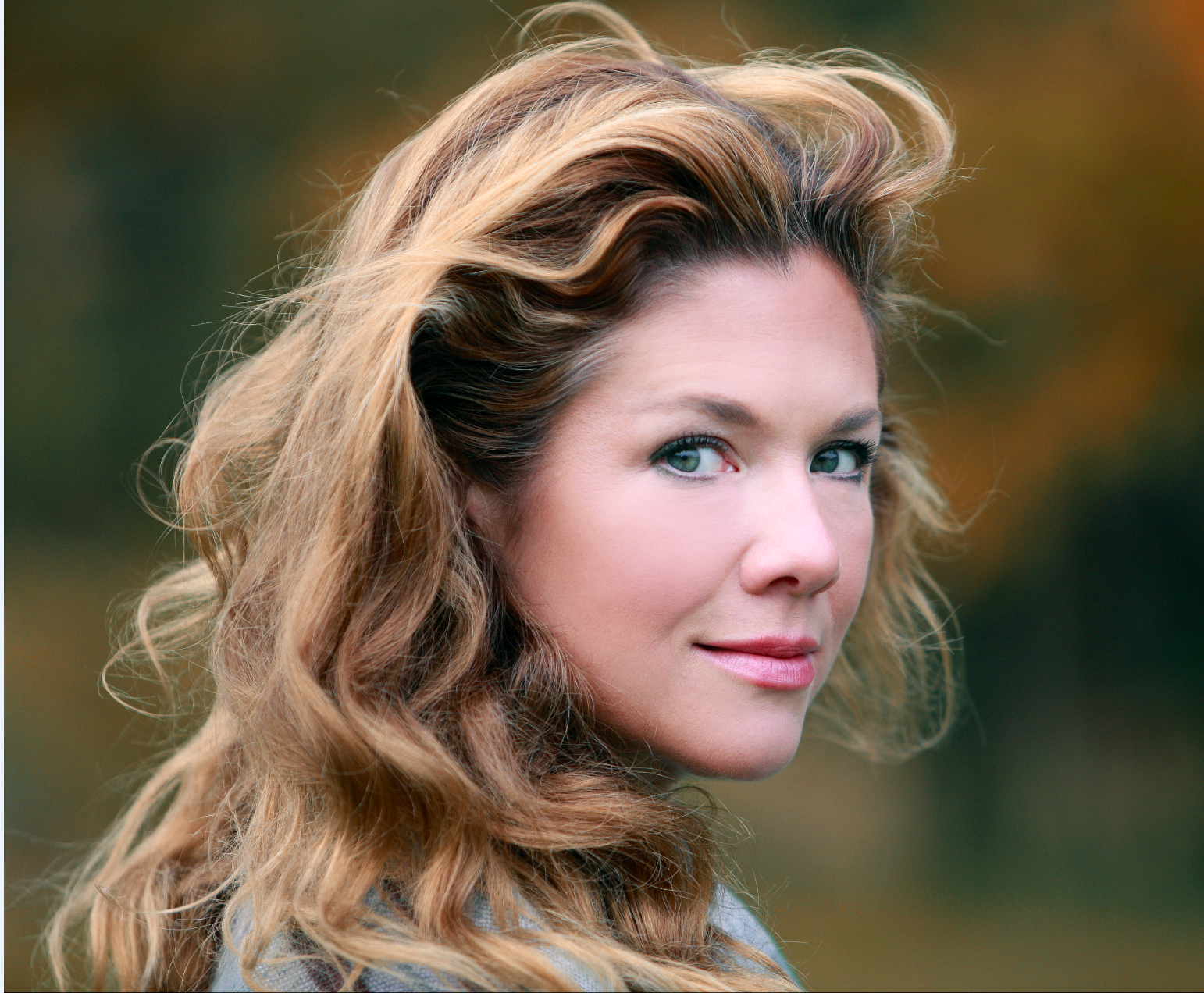The other day, I was in the kitchen getting the kids’ lunches ready for the next school day while also answering my little boy Hadrien’s questions about everything… and nothing. I had just asked my daughter Ella-Grace to go practice the piano. At first, I wasn’t paying too much attention to what she was playing and singing. I just knew she was playing and singing.
Then, she got a little louder, and all of sudden I felt this shiver go down my spine.
So, curious, I left the kitchen and peeked in to see which song exactly she was working on because I thought I recognized it. There she was, head high and eyes closed, playing a popular hit from 23-year-old Lewis Capaldi. I waited until the end as she slowed down the tempo and her last words were “before you go.” This heartbreaking song is about the aftermath of a suicide — how people blame themselves or start to think about what they could have done to help that person.
Just before this year’s World Mental Health Day, on October 10, the song made me think of the world we live in, especially these days during a pandemic, while so many people are facing increased mental health challenges.
I often wonder if, at 11 years of age, Ella-Grace really understands the depth of the lyrics she hears.
I vaguely remember a conversation between her and my mother-in-law, in which Margaret expressed that she just couldn’t hold back tears every time she heard this song. I feel the same. My own family lost a young cousin to what seemed to be an experimental hanging game many years ago that left deep scars.
Challenges around suicide and suicidal ideation are finally being talked about more openly in the public sphere. With popular T.V. series and more movies on depression and other mental health issues such as anorexia, it allowed people to be more open than ever before. But, just like with celebrities from the past, whether it’s Kurt Cobain or Sylvia Plath, the downside is that it could also create a “heroic” or “erotic” association with suicide. That can be dangerous and we must address it.
We have started crucial conversations on this topic, and the government has announced historic investments in mental health, but much more work is still needed. This work can start within our families and our schools. There is still stigma and shame associated with suicide for families and friends when loved ones decide to take their own lives. We must do more to support the families who have tragically lost a loved one and are trying to cope with the grief, the guilt, and the question of “What could I have done differently?”
People from all walks of life can suffer — in one way or another — because we, humans, want to be loved, understood, and accepted as we are. Every child comes into this life with those needs. And although sometimes love is at the heart of a family, there are so many factors that contribute to mental illnesses that can lead to suicidal ideation and suicide — things like social isolation, peer pressure, low self-worth, getting desperately tired of being judged and living in a culture full of toxic and unrealistic standards when it comes to masculinity and femininity, especially these days when kids are facing immense pressure through social media. The truth is we live in a world where self-doubt and self-hate are predominant.
On top of all that, lack of exercise, bad eating habits, disturbed sleep patterns, use of drugs, and a family history of mental health problems can also play their part in one’s mental wellness.
According to data from the Public Health Agency of Canada, in 2016, approximately 11 people died by suicide every day. That same data shows that suicide was the second leading cause of death among young people between the ages of 15 and 34. This reality comes at an incalculable cost to our society.
We must continue to take action. But how?
What if we deepen our knowledge, compassion, and love for ourselves and one another?
What if we create safe spaces to express all emotions?
What if we equip our kids with more tools to recognize and deal with the mind’s darker thoughts?
What if we continue to invest in mental health?
What if we train pediatricians, teachers, social workers, and family doctors with deeper knowledge concerning mental wellness?
What if we teach prevention to parents and employers, children and teenagers, as we develop better emotional literacy?
What if we continue to address the economic and social injustices and inequalities of the most vulnerable in our country?
If we do all these things, I strongly believe we can — and will — bring positive change. We can pave a way forward towards better physical and psychological health.
One of my best friends from university worked for years at the Montreal Suicide Action Centre, and she highlighted to me that suicide is often seen by the ones who are suffering as a definitive solution to a temporary problem. No one should feel they have to suffer alone or that they are an extra weight on their own family.
For many years now, I’ve been encouraging everyone to choose awkward conversations instead of silence. Because silence can kill.
It is our responsibility, especially in these challenging times, to have each other’s backs and hearts. All of our repressed human emotions need to be expressed in order for us to progress. It is our responsibility to face and accept our social and inner truths as they are, without judgment. It is time to unlock ourselves, trust our inner compass, share our stories and keep faith in our shared human goodness. We will. And we will only heal this world if we heal ourselves first.

If you or someone you know is at risk, these resources can help:
- Crisis Services Canada: Call 1-833-456-4566 | Text 45645
- Kids Help phone: Call 1-800-668-6868
- Hope for Wellness Help Line: Call 1-855-242-3310
- Suicide Action Montréal: Call 1-866-277-3553
You can also have access to support workers, to social workers, to psychologists and other professionals for confidential chat sessions or phone calls by texting WELLNESS to:
- 686868 for youth
- 741741 for adults


